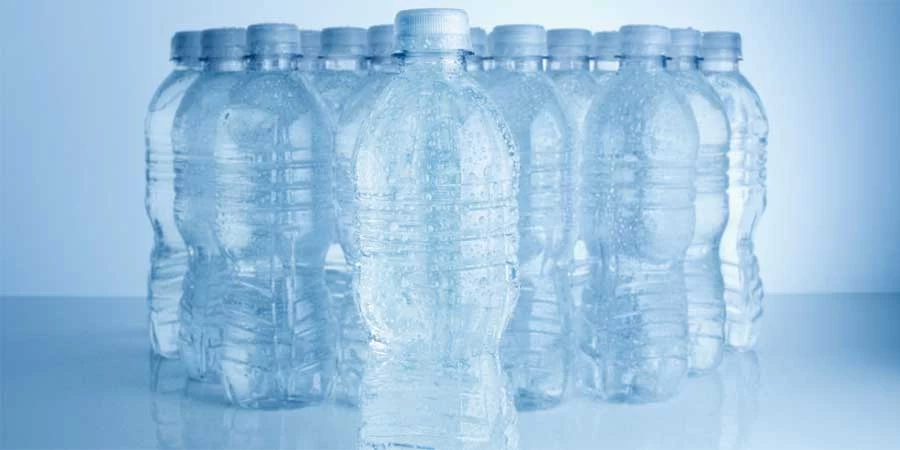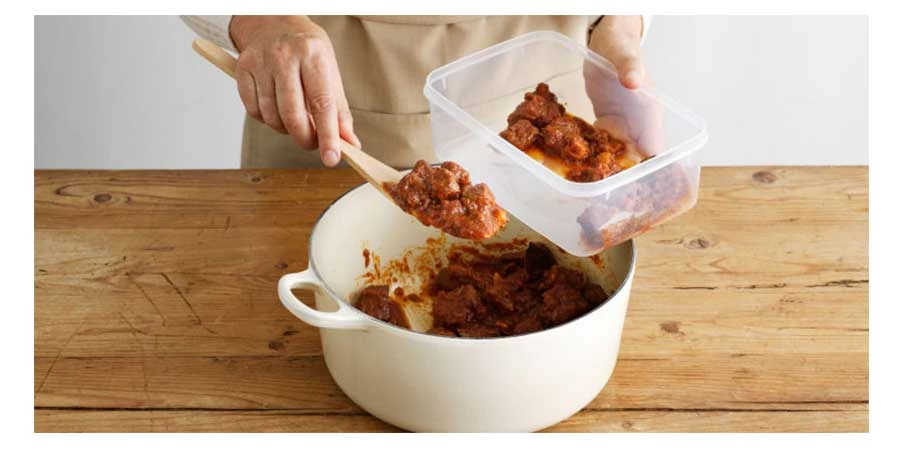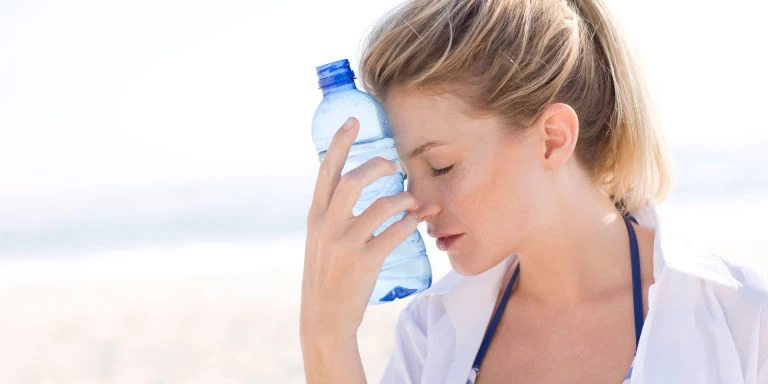Tem No: zh-mb004 Capacity: 250ml 350ml 400ml 500ml 1000ml Material: PET Shape: round Used for: shampoo packaging Place of origin: Shenzhen, China MOQ: 5,000 pieces Unit price range: $0.3-0.6 Sample: available, free, client pay for sample shipping cost
Tem No: ZH-C70244 Capacity: 1L Material: 500ml 2L 4L Used for: detergent liquid bottle Place of origin: Shenzhen, China MOQ: 5,000 pieces Unit price range: $0.32-$0.48 Sample: available, free, client pay for sample shipping cost
Tem No: zh-p9309 Capacity: 2L Material: HDPE Shape: Round Used for: detergant liquid Place of origin: Shenzhen, China MOQ: 5,000 pieces Unit price range: $0.32-$0.48 Sample: available, free, client pay for sample shipping cost
Tem No: zh-c70231 Capacity: 1L Material: HDPE Shape: Round Used for: detergant liquid Place of origin: Shenzhen, China MOQ: 5,000 pieces Unit price range: $0.32-$0.48 Sample: available, free, client pay for sample shipping cost
Is your plastic water bottle bad for your health?

Could many modern ailments be traced to a surprising culprit: namely the chemicals in plastic containers? While the idea may sound like a conspiracy theory, it has been circulating on the internet for some time and has a lot of people worried.
Bisphenol A (BPA), a widely used chemical in plastics, has been linked with diabetes, obesity, high blood pressure and cancer among others. The suggestion is that it could leach out of packaging and into our food and drink, causing chaos in our bodies. Certainly, this is the view of the charity Breast Cancer UK, which has called for BPA to be banned from food and drink packaging and replaced with safer alternatives.
However, BPA and other chemicals in plastics are very tightly regulated, with strict safety limits in place to ensure consumers aren't harmed. In 2015, the European Food Safety Authority (ESFA) conducted a complete review of BPA, concluding there was no consumer health risk. And the US Food and Drug Administration has said "the available information continues to support the safety of BPA for the currently approved uses in food containers and packaging".
So who's to be believed – is this an overblown internet scare story, or should we be vetoing plastic packaging, just to be on the safe side? Below, we sift through the evidence.
Most of the studies were performed on rats
Anyone Googling "Is BPA dangerous?" would be right to be confused. While some pages on the subject stress its safety, others list a litany of possible side effects. They state that BPA is an endocrine disruptor, mimicking the effects of oestrogen in the human body and leading to all kinds of undesirable consequences. One Forbes article describes the situation as a 'chemical witch-hunt'.
The reasons for this confusion are clear. Although there have been many scientific studies linking BPA to health problems, most of these studies were conducted in rodents using very high doses of the chemical. A number of the articles online have extrapolated straight from these animal studies, even though evidence in humans is much hazier.
According to Dr Rachel Orritt, health information officer at Cancer Research UK: "These studies do not reflect the situation for people using plastic food containers. There are also hoax emails and unreliable internet articles that have spread fear about BPA. But there is no convincing scientific evidence to suggest that using plastic bottles or food containers causes cancer in humans. Levels of chemicals that move into food and drink from containers are typically far below levels that are considered unsafe."

The average exposure is very low
The official recommendations are not without their nuances. ESFA recently dropped the safe level of BPA, from 50 micrograms per kilo of bodyweight per day (µg/kg of bw/day) to just 4 µg/kg of bw/day. This was due to "uncertainties surrounding potential health effects of BPA on the mammary gland, reproductive, metabolic, neurobehavioural and immune systems".
However, the agency stressed that people's typical exposure is well within the new limits, pointing out that: "The highest estimates for dietary exposure and for exposure from a combination of sources are three to five times lower than the new tolerable daily intake."
At levels under the new safety threshold, the ESFA found no evidence that BPA causes health problems.
In the UK, food safety is overseen by the Food Standards Agency, which ensures the European regulations are enforced. As a spokesperson tells Netdoctor, these regulations "require that under normal and foreseeable conditions of use, the materials used do not transfer their constituents to food in quantities which could endanger human health."
The spokesperson adds that plastics are scrupulously tested, to check they fall in line with the legislation: "The testing varies to account for the types of food that the plastic is expected to be used with, and requires that the 'worst-case' is considered for such conditions as temperature and length of expected exposure."
This means that, say, heating up plastics in the microwave should not be cause for concern.

Ordinary consumers are not at rise
In many senses, the tide is turning against BPA. In 2012, the US FDA removed the chemical from plastic baby bottles, while France banned the chemical entirely in 2015. Many manufacturers have started replacing BPA with substitutes like fluorene-9-bisphenol (BHPF) – some of which have come under scrutiny in their own right.
While it looks to be safe at low doses, BPA will remain an important subject of investigation, given that some people's exposure levels are atypically high. A recent US study looked at 78 manufacturing workers who directly handle the chemical. Their urine levels of BPA were around 70 times higher than the average.
As Dr Orritt of Cancer Research UK explains: "Continued research could help to monitor any changes in human exposure, or examine the effects of working with chemicals like BPA in the manufacturing industry."
In the meantime, the best available evidence suggests ordinary consumers have nothing to worry about. It can't hurt to cut down on plastic packaging of course, especially if you care about the environment, but there is little to suggest that this will affect your health.
The risk is that, by focusing too much on chemicals, we might overlook the more obvious contributors to disease.
"When it comes to cancer risk, it's more important to look at what you're eating and drinking, rather than what your food and drink is stored in," says Dr Orritt. "You can reduce the risk by eating a diet that is high in fruits, vegetables and high-fibre foods, and low in processed and red meats, and high calorie foods like fast food – as well as being a non-smoker, keeping a healthy weight, cutting down on alcohol and keeping active."
While these kinds of factors make for a less compelling scare story, they have vastly more scientific grounding.
The above articles are excerpted from netdoctor. I think the plastic bottles that was tested by authorities and meet the safety standards are not affected to us.
Link to original article: Is your plastic water bottle bad for your health?